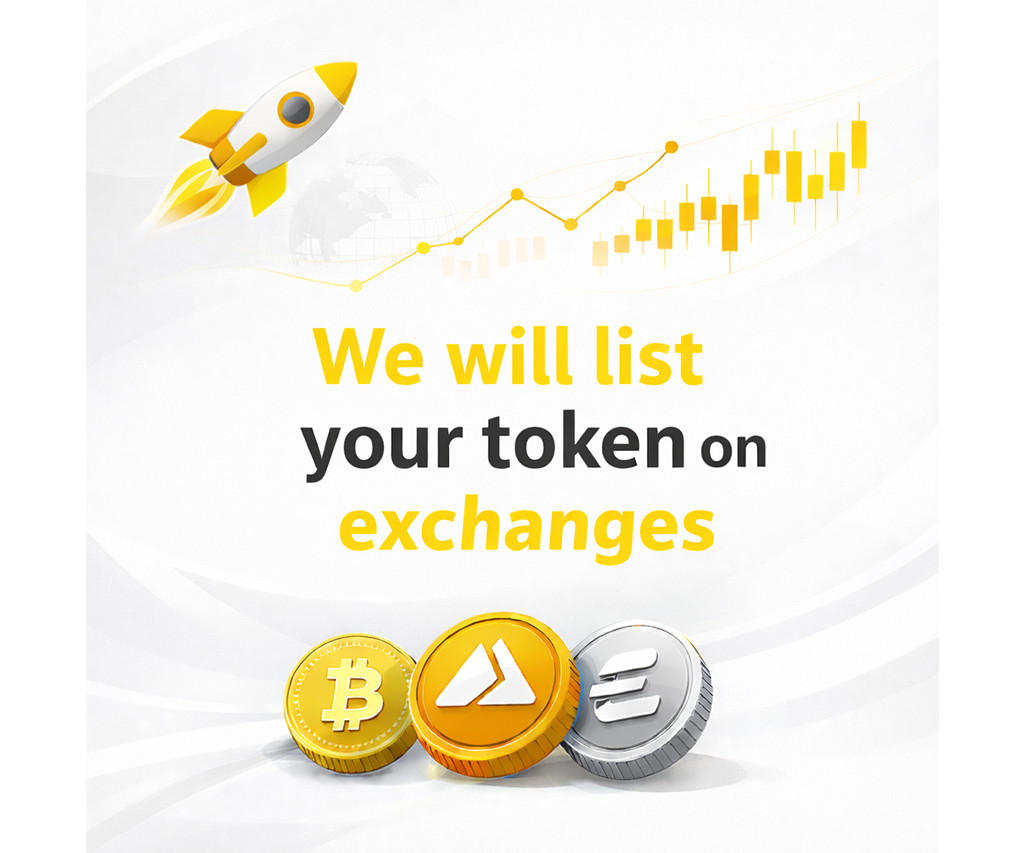 | Ethereum Reserve Dollar (ERD) |
A decentralized lending platform built for the uncertainties of tomorrow.
Important By investing in this business you agree to ourDisclaimer. All information including our rating, is provided merely for informational purposes. CryptoTotem does not provide investment advice.
What is Ethereum Reserve Dollar
ERD is a decentralized lending protocol that allows users to borrow in USDE, a native stablecoin pegged to the USD, using select LSDs and blue-chip DeFi tokens as collateral. ERD maintains a minimum collateralization ratio of 110% and secures loans with a Stability Pool of USDE.
ERD offers several benefits, including full decentralization, low interest rates, capital efficiency, and direct redemptions. Our economic framework is modeled on the Liquity protocol, which was selected after extensive research into the existing stablecoin protocols and their relative strengths and weaknesses in relation to stability and liquidation methods. However, the model we've built is this -- and so much more.
With the launch of ERD, we're set to redefine the stablecoin landscape by delivering an efficient and decentralized lending solution.
We aim to provide a stable, fully decentralized stablecoin - USDE, which can be borrowed by users through our platform using Liquid Staking Derivatives (LSDs) and blue-chip DeFi tokens as collateral. Our ultimate objective is to offer our users stable and secure investment options built on the resilience of blue-chip DeFi tokens and state-of-the-art technology.
Ethereum Reserve Dollar Roadmap
- Audit: Enlist 3-4 auditing firms to review the system's security.
- V1 Mainnet Launch: Deploy the initial version on the mainnet.
- Dex Listing: List on exchanges like Curve, Uni, and Balancer.
- Liquidity Protocol Applicable: Integrate with Aave's lending/borrowing system.
- L1 to L2: Expand from L1 to L2 and include in GLP (GMX’s LP token) assets.
- Audit of V2 version: Enlist 4-5 auditing firms to review the system's security.
- V2 Mainnet launch: Deploy the updated V2 on the mainnet.
- Introduce multiple collaterals: Add collateral support for blue-chip ERC-20 tokens like WBTC, LINK, and UNI.
- Off-chain applications: Develop off-chain tools to expand product use.
- Withdrawal: Expand withdrawal methods to users' preferred wallets or exchanges.
- Deposits: Introduce deposit channels using both fiat and cryptocurrencies





